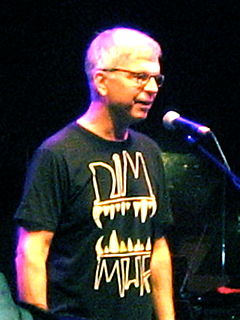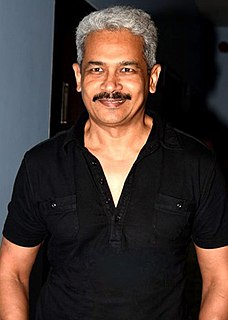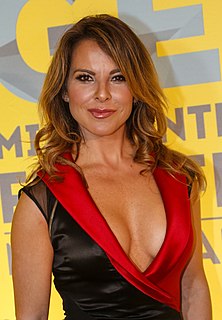A Quote by Sondra Locke
When you're a director, the job itself forces you to take charge.
Related Quotes
For a man is a little lower than the angels, yet was made that he might become the companion of the Creative Forces; and thus was given--in the breath of life--the individual soul, the stamp of approval as it were of the Creator; with the ability to know itself to be itself, and to make itself, as one with the Creative Forces--irrespective of other influences.
Unless the people, through unified action, arise and take charge of their government, they will find that their government has taken charge of them. Independence and liberty will be gone, and the general public will find itself in a condition of servitude to an aggregation of organized and selfish interest.




































